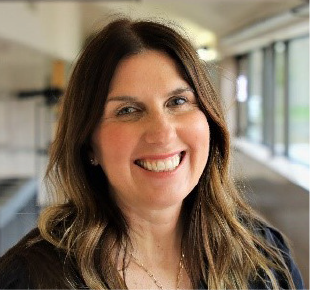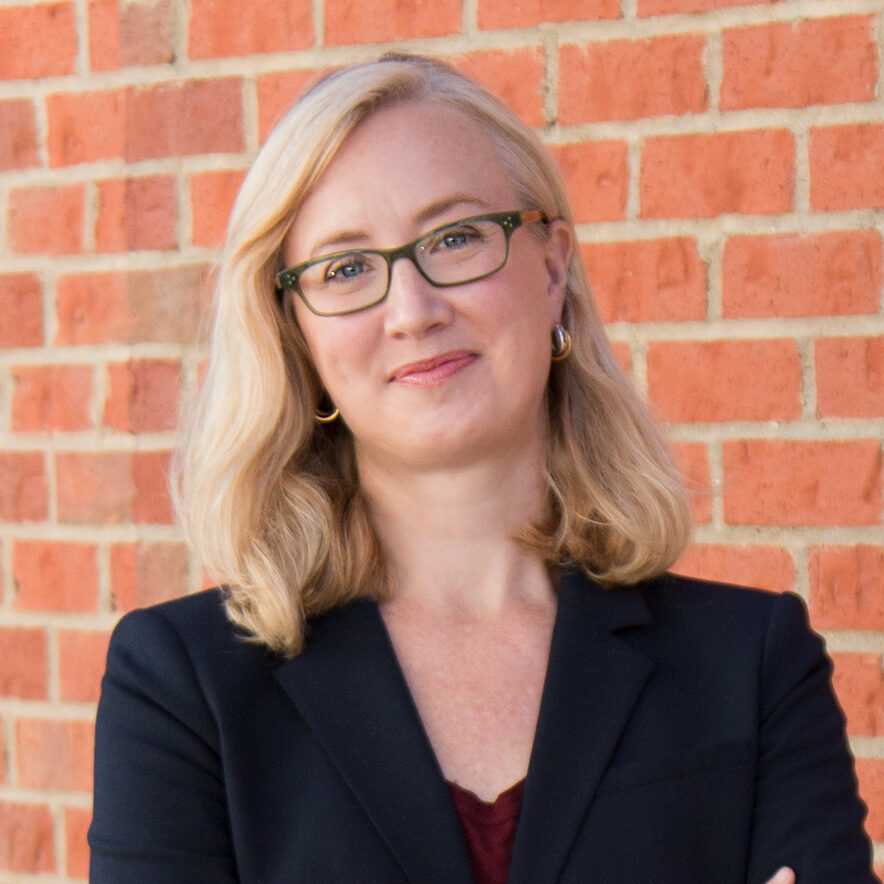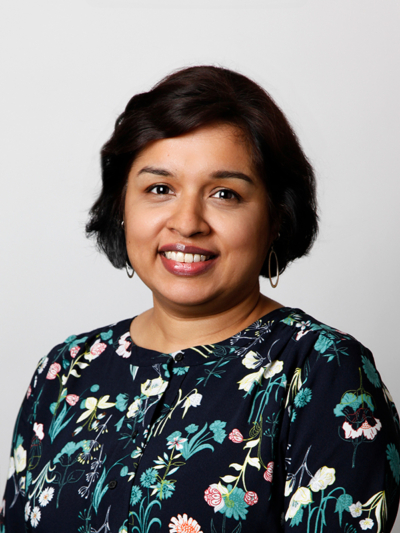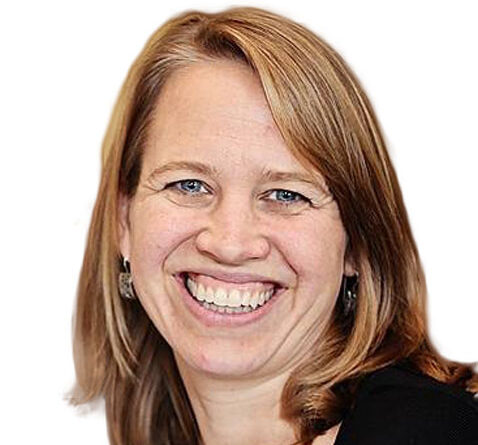
- This event has passed.
Making Summer Count: Philanthropic Opportunities for Summer Learning Acceleration
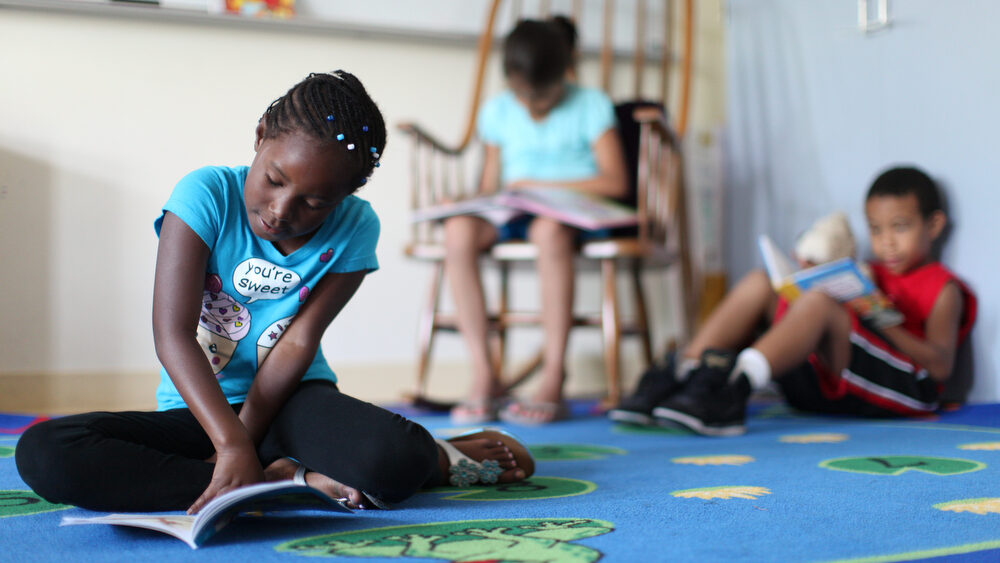
Details
- Channel:
-

- Series:
- Funder-to-Funder Conversation
- Date:
- March 21, 2023
- Time:
-
12:30 pm - 2:00 pm
- Event Categories:
- Funder-to-Funder Conversation, Past Event, Summer Slide
- Event Tags:
- Everyday Places and SpacesFunder-to-Funder ConversationPhilanthropyPolicySummer/Out-of-School Time
- Resources:
- Webinar Slide DeckPanelist BiosBuilding, Sustaining and Improving: Using Federal Funds for Summer Learning and Afterschool, 2022 reportAccess Shaping Summertime Experiences: Opportunities for Promoting Health Development and Well-Being for Children and Youth, the 2019 NAS reportSummer Learning ToolkitThe 50 State Afterschool Network
“Our role [as funders] was really to convene, to support, to provide that continued funding, to really help mobilize during an emergency time. I think our challenge now…is not to lose that sense of emergency for our young people and to keep a lot of…these things that many programs and communities developed during the pandemic — like remote learning hubs over the summer so kids could have safe access to the internet….I hope that we don’t lose that momentum. I think part of our role as funders, locally and nationally, is to remind the system not to go back.”
In this Funder-to-Funder Conversation, Making Summer Count: Philanthropic Opportunities for Summer Learning Acceleration, Gwynn Hughes of The Charles Stewart Mott Foundation offered the above reflection in discussing the role of funders in supporting summer and out-of-school time programming during and after the pandemic.
Hughes was joined in conversation by Kate Bennett of United Way of Central Iowa (UWCI) and Polly Singh of The Wallace Foundation. Singh and Hughes described how their foundations have been supporting out-of-school time learning for decades, the research base they have amassed and how they have adapted their investments in response to the pandemic with Bennett sharing what efforts looked like on the ground in Iowa.
Singh drew from research supported by Wallace to describe the components of high-quality summer learning programs and the impact that high attendance in those programs can have on both children’s academic and social-emotional development. She explained how Wallace is supporting the application of those research-based components, describing a statewide pilot in partnership with the Texas Education Agency; a collaboration between Council of Chief State School Officers and National Summer Learning Association; technical assistance provided to local school districts by FHI360; and fiscal mapping by Children’s Funding Project of public revenue streams that can support out-of-school time learning. Reflecting on the impact of the pandemic on Wallace, she noted:
“I think that the pandemic really made us stop and ask, ‘Do we have the support we need in place to support families and young people ― especially young people who need it most? Are we reaching them? How are we reaching them?’ We start to ask questions of ourselves and I think rightfully so.”
Hughes shared how the Mott Foundation has been supporting summer and out-of-school time learning, stressing the need for holistic supports and programming that makes learning fun. She described how Mott is investing in the AASA to help local school districts engage community partners that can support enrichment activities and the 50 State Afterschool Network to support and share local innovations and promote effective polices.
After these national funders described their efforts, Bennett explained how UWCI has been supporting summer and out-of-school time learning for children and youth and how those efforts are now reflected in the new United to Thrive framework. Serving more than 15,000 children and youth across a three-county region, UWCI’s year-round OST programming supports struggling students to catch up and connects youth with employment opportunities. Bennett said:
“Post-COVID, we really wanted to focus on ensuring kids have a place where they are safe, where they feel that they belong, meaning cultural belonging or just getting their health and developmental needs met.”
Panel
